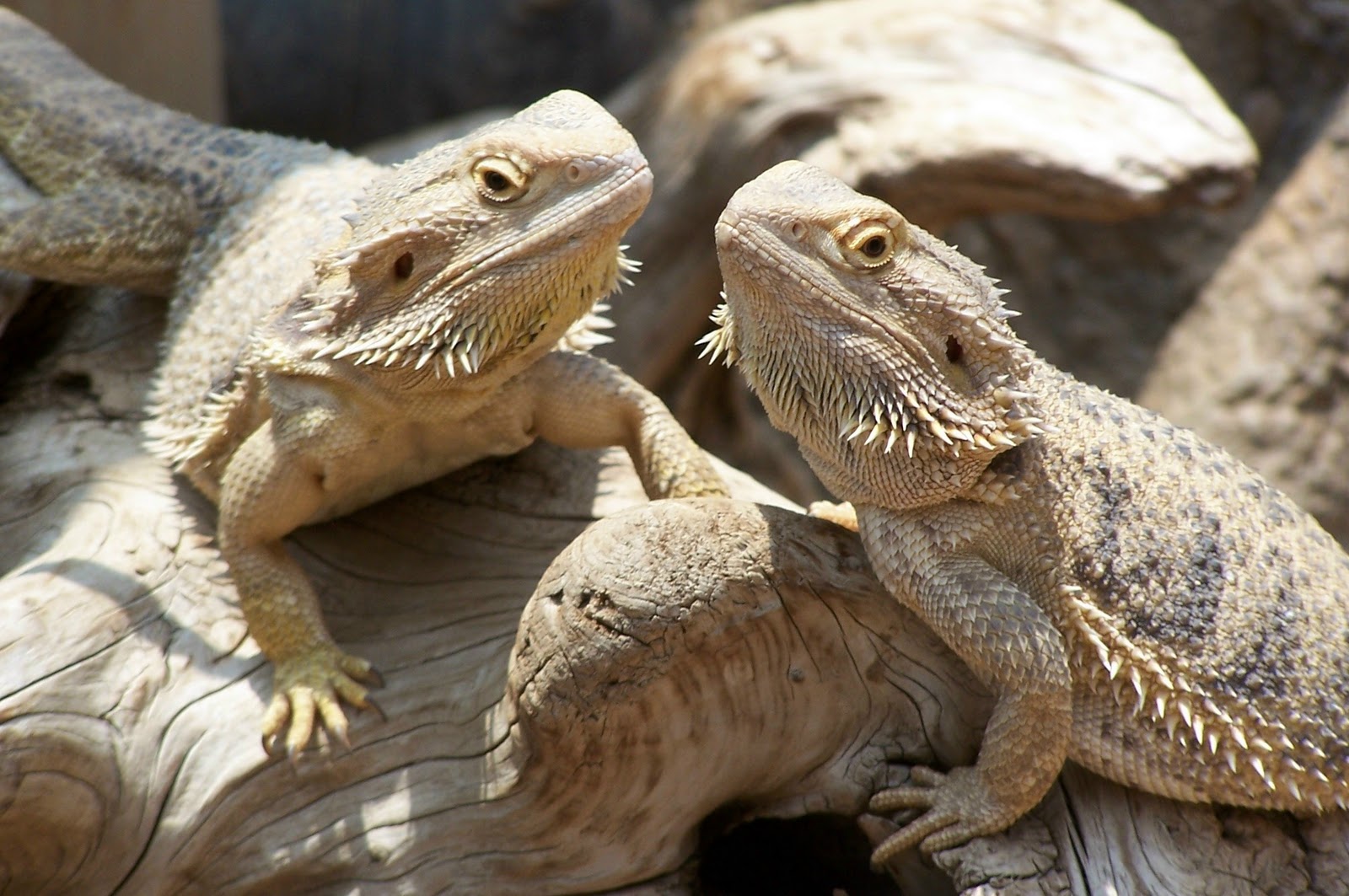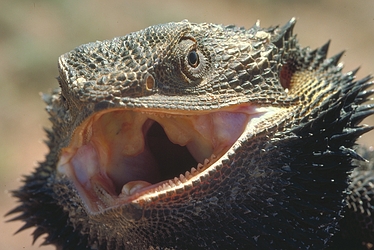Why is My Bearded Dragon So Angry? Understanding and Managing Aggressive Behaviors
Why is My Bearded Dragon So Angry?
If you’re a proud owner of a bearded dragon, you may have noticed some aggressive behaviors in your pet. While bearded dragons are typically docile and friendly creatures, they can exhibit signs of anger and aggression for a variety of reasons. Understanding the root cause of your bearded dragon’s anger is crucial in ensuring their health and happiness, as well as your own safety.
Common Triggers of Bearded Dragon Anger

Bearded dragons can become angry or aggressive due to a number of situations. Some of the most common triggers include:
- Feeling threatened or cornered
- Being handled roughly or in a way that causes discomfort or pain
- Being hungry or thirsty
- Being overstimulated or exposed to unusual or stressful situations
- Feeling territorial or protective of their space or food
- Experiencing health issues or pain
These triggers can cause your bearded dragon to display a range of aggressive behaviors, including hissing, puffing up and darkening their beard, biting, tail whipping, and even chasing or attacking other animals or humans.
How to Manage and Prevent Bearded Dragon Aggression
Fortunately, there are several ways you can manage and prevent aggressive behaviors in your bearded dragon, including:
Provide Adequate Space and Resources
Bearded dragons require ample space to move around and bask, as well as plenty of hiding spots and areas to climb. Ensuring your pet has access to clean water and a varied and nutritious diet can also prevent hunger-related aggression.
Handle Your Bearded Dragon Gently

When handling your bearded dragon or performing necessary tasks like cleaning their enclosure, make sure to do so gently and with care. Avoid sudden movements or rough handling that could cause pain or discomfort.
Minimize Stress
Stressful situations, such as new environments or loud noises, can lead to aggression in bearded dragons. Minimizing stress through providing a consistent routine and avoiding unnecessary disruptions can help prevent anger and aggressive behaviors.
Monitor Your Bearded Dragon’s Health

If your bearded dragon is displaying signs of aggression, it’s important to take them to a reptile veterinarian to rule out any underlying health issues or pain. Addressing health concerns can greatly improve your pet’s temperament and quality of life.
Final Thoughts
Bearded dragons are unique and fascinating pets, but they do require proper care and attention to thrive. By understanding the common triggers and behaviors associated with aggression in bearded dragons, you can create a safe and happy environment for both you and your pet. Remember to always approach your bearded dragon with gentleness and care, and seek professional advice if you notice any concerning changes in their behavior or health.

